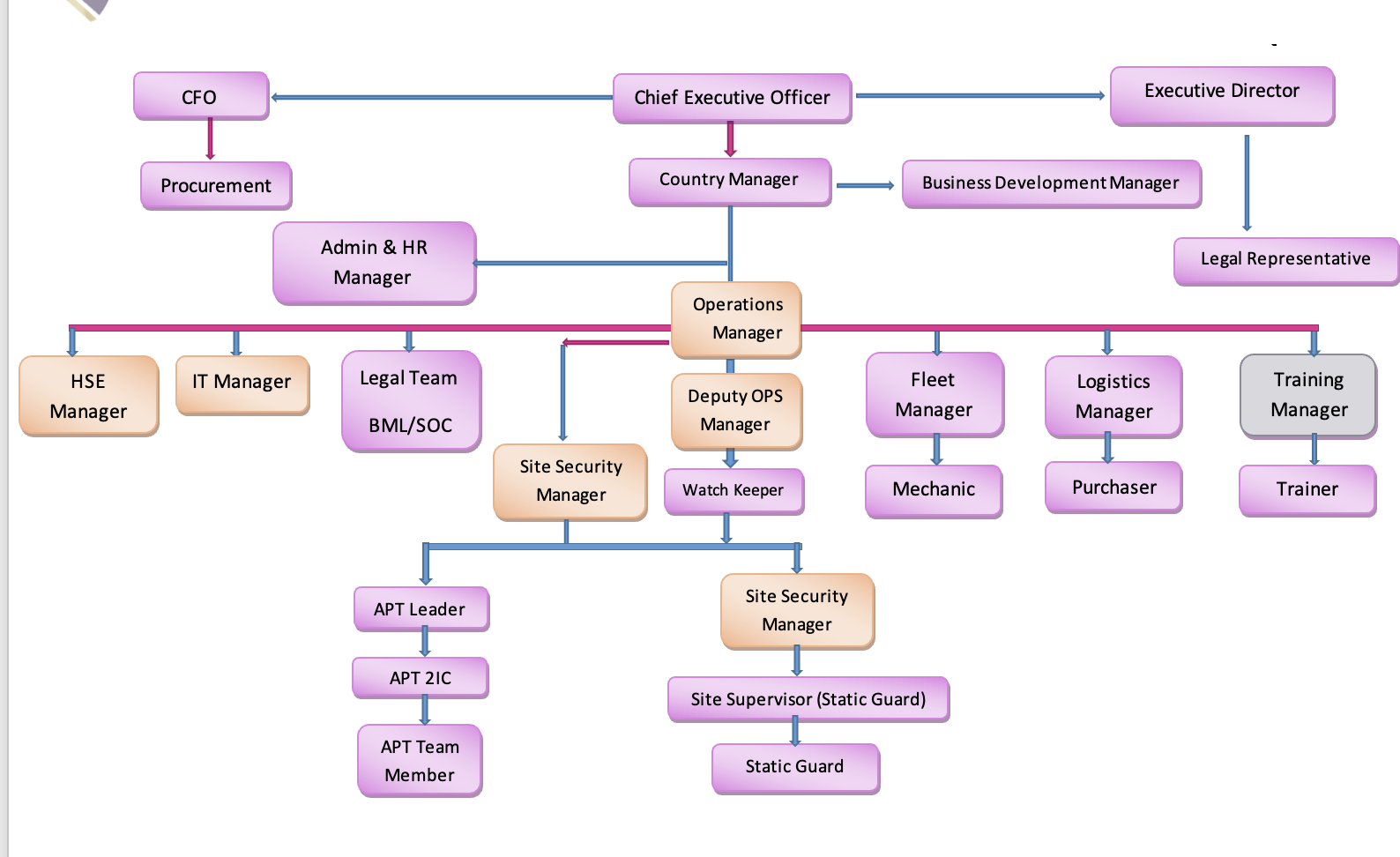GRIEVANCE POLICY
1 Introduction
At RF 210, our commitment to excellence extends beyond the scope of our daily operations. We believe in fostering an
inclusive and respectful workplace culture where every voice matters. Our Company Grievance Policy underscores our
dedication to addressing concerns and grievances promptly and equitably. This policy outlines the procedures and
principles guiding our approach to resolving workplace (internal and external) issues, ensuring that Employees /
Contractors / Sub-Contractors / Vendors / Suppliers / Stakeholders / Clients and any member of the public are heard,
supported, and valued. We recognize that open communication and a fair resolution process are fundamental to
maintaining a harmonious and productive work environment.
2 Policy Statement
RF 210 is committed to fostering a workplace environment built on trust, fairness, and respect for all employees. We
recognize that from time to time, concerns and grievances may arise. Our Grievance Policy reaffirms our dedication to
address such matters promptly and effectively in a transparent and impartial manner.
Our policy is rooted in the principles of open communication, fairness, and procedural equity. We encourage all parties
to express their concerns without fear of reprisal. Whether these grievances pertain to working conditions, interpersonal
conflicts, or any other aspect of employment, we are resolute in our commitment to addressing them promptly and
professionally.
RF 210 is committed to:
- Providing clear and accessible channels for all parties to raise concerns and grievances.
- Ensuring that all grievances are treated with utmost confidentiality and sensitivity.
- Conducting thorough and impartial investigations, where necessary, to establish facts and determine appropriate resolutions.
- Engaging in open dialogue with the involved parties to explore solutions and foster mutual understanding.
- Implementing corrective actions when warranted to prevent the recurrence of similar issues.
- Upholding the rights and protections afforded to parties under applicable laws and regulations.
By adhering to our Grievance Policy, we strive to maintain a harmonious and productive work environment where every
employee's well-being and concerns are valued. RF 210 is committed to continuous improvement in our grievance resolution
processes, reflecting our dedication to a workplace culture built on fairness, integrity, and inclusivity.
3 Scope
This policy and procedures apply to all Company staff (consultants / contractors or employees), sub-contractors and any
third party who have cause, or feel that they have cause, for complaint against RF 210.
4 Objective and Intent
A grievance is defined as “A wrong or a hardship suffered, which is grounds for complaint”. Grievances may arise from
within the Company or from an external source; RF 210’s policy on the handling of grievance covers both these
circumstances but the procedures vary. This document reflects this situation.
The aim of this document is to present RF 210’s policy and procedures for the handling of any grievance from within or
outside the Company with a view to facilitating their successful resolution in a timely fashion.
5 Policy Directives
5.1 Overview
- It is to be transparent and fair by nature and in its application.
-
Informal action will be considered, where appropriate, to resolve problems. Often an informal meeting between the
aggrieved party and their manager / RF 210 Representative is the most effective way of resolving minor complaints and
encourages direct communication between management and staff.
-
In the case of formal action, the aggrieved party must provide RF 210 management with a written submission, which
provides details of the complaint.
-
RF 210 management and aggrieved parties are to raise and deal with issues promptly and not unreasonably delay meetings,
decisions, or confirmation of such decisions.
- RF 210 management and aggrieved parties are to act consistently.
-
Aggrieved parties have the right to be accompanied at any meeting concerning a grievance. In cases where group
grievances are addressed, a maximum of two observers will be allowed to attend the grievance process in addition to
the representatives.
- Aggrieved parties may appeal against the decision made.
-
No person shall be victimized for invoking this grievance procedure; where victimization is suspected, a grievance
should be submitted in accordance with the Company’s grievance procedure.
5.2 Internal Procedures
A consultant / employee or contractor who has a grievance over any work-related issue has the right to raise their
concerns with RF 210 management; Figure 1 illustrates the internal process that will be undertaken to resolve any
grievance case.
Informal Process
Issues of a serious nature should always be dealt with formally; however, when mutually agreed, less serious grievances
should be dealt with informally. This should take the form of an informal discussion between the aggrieved party and an
appropriate manager. If it becomes clear that the matter cannot be resolved satisfactorily, or that the case is more
serious than first assessed, the formal process must be adopted. If both parties agree that the grievance has been
resolved satisfactorily no further action need be taken but the manager should make an informal note to record the event,
its nature and outcome.
Formal Process
a. Submission
The aggrieved party must provide an appropriate RF 210 manager with a written submission which gives details of the
grievance; these should include:
- The nature of the grievance
- Where the incident(s) has occurred
- Who has been involved?
- When the incident(s) happened or has been happening.
- Any actions that have been taken so far by any of the parties concerned
b. Hearing
RF 210 management will arrange for a meeting to take place within 5 days to discuss the grievance. In preparing for such
a meeting managers should consider the following: having an impartial record keeper, making themselves aware of the full
facts of the case, how similar grievances may have been resolved in the past, whether an interpreter may be needed. The
aggrieved party has the right to be accompanied by a colleague, who may be allowed to address the meeting on the
aggrieved individual’s behalf, sum up the aggrieved individual’s case, respond to any views expressed at the meeting and
confer with the aggrieved individual. Once the hearing has finished the RF 210 manager will take time to consider the
case.
c. Decision
In making the decision upon the outcome and RF 210’s position the manager should consult the HR Manager, Country
Director, or other senior managers within the Company – and is encouraged to do so. Regardless the decision should be
presented in writing within 24hrs of the hearing. Once it has been made the manager is to inform the aggrieved party in
writing of the outcome. The latter has the right to appeal if they are dissatisfied.
d. Appeal
The aggrieved party has grounds for dissatisfaction they appeal but this must be submitted within 5 days explaining their
grounds for appealing in writing to RF 210 management. An appeal meeting should be arranged within 5 days and should be
run by the next more senior manager. The hearing will follow the format described in “b” above and the aggrieved party
may be accompanied.
e. Records
Records of the following are to be made and kept for 7 years:
- Nature and details of the grievance.
- What was decided, and the actions taken.
- The reasons for these actions.
- Whether an appeal was made and its outcome.
- Any other subsequent developments.
5.3 External Procedures
The procedure applies to all external parties who has a grievance to make against the Company. Procedures shown in
Figure 1 are very similar, but the complaint is likely to be dealt with at a Director / Stakeholder level in the first
instance.
Informal Approach
RF 210 prefers to resolve grievance issues on an informal basis whenever possible; but only when this course is mutually
agreeable.
Formal Approach
The formal approach requires the aggrieved party to submit the details of their complaint per email to RF 210 for
attention the Country Director. Arrangements will be made for a hearing – the composition of attendees will be agreed on
a case-by-case basis. RF 210 will inform the aggrieved party of its decision via email within 24 hours of the hearing
being completed. The aggrieved party has the right to appeal within 5 days and this process should be started by a
submission in email explaining the grounds for this appeal. A further hearing will be convened but managed by a
different person with the findings being promulgated within 24 hours of its completion.
5.4 Non-Retaliation
RF 210 strictly prohibits retaliation against anyone registering a grievance. We will protect all parties and ensure
their confidentiality in line with our Human Rights Policy.
6 Review and Continuous Improvement
This Grievance Policy will be reviewed regularly to ensure its relevance and effectiveness. Our Grievance Policy
reaffirms our dedication to address matters promptly and effectively in a transparent and impartial manner.
7 Conclusion
Grievances are to be handled with sensitivity, respect but without undue delay. The procedures are relatively
straightforward and must be followed precisely; the importance of keeping records is emphasized. Advice should be sought
from senior managers (particularly the Human Resources Manager and the Country Director) from the outset. To ensure
compliance with international standards, the version on the company website must be replaced with version changes are
made to this document.
Qusay Habib Saad



